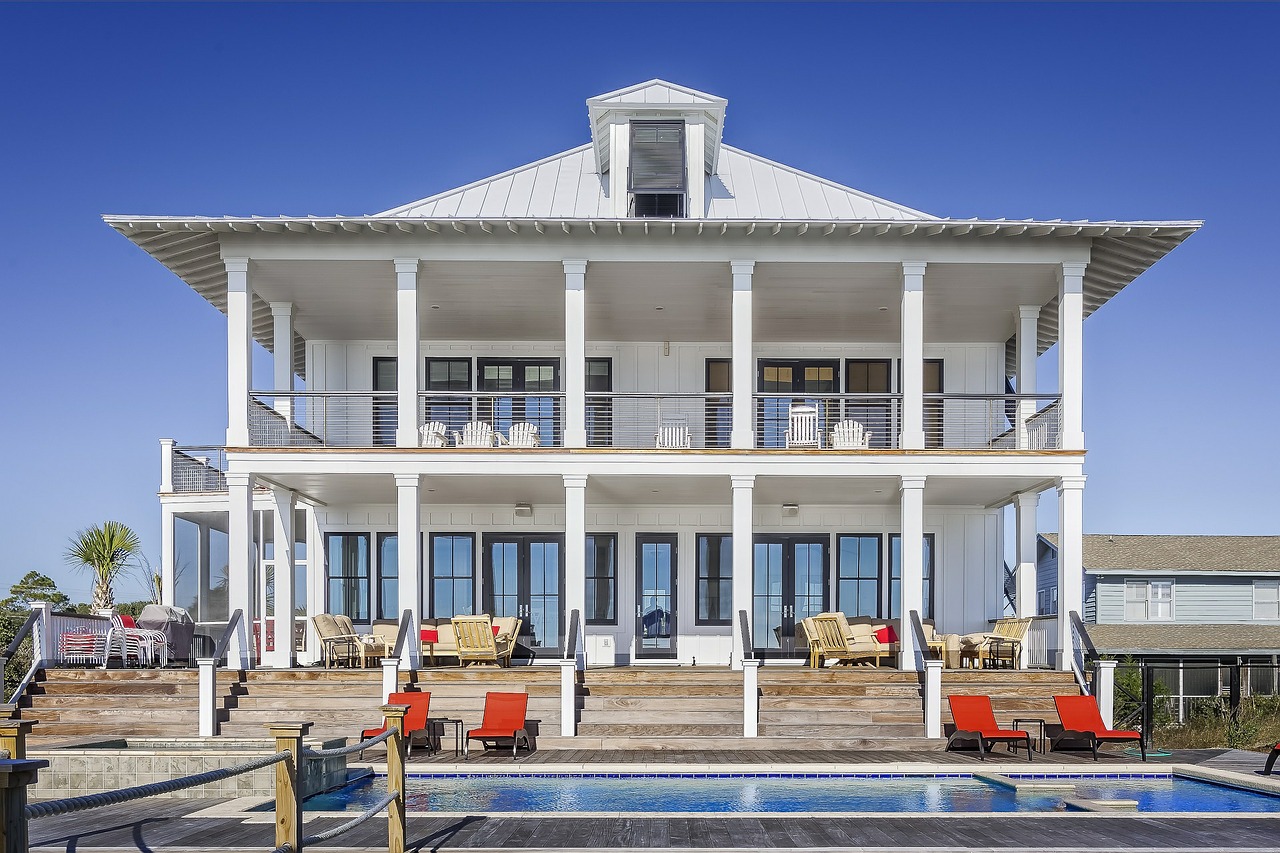A house is not a home, and neither is an apartment home is where the heart is. If your heart is everywhere, then the very outdoors could be your home—but that’s not the case for most people. The point is, even if you’re just going to rent a place for a little bit, you want somewhere you can rest your heart comfortably.
Now what makes you comfortable at your core is necessarily going to differ from that which makes someone else comfortable. Everyone has their own deal makers and their own deal-breakers. Following, we’ll examine a few features of apartment home-hunting that, for the most part, are generally agreed to be relevant.
Before we get into them, keep in mind: to get a good idea of what’s available, it’s fundamentally essential that you examine multiple units. Try to look at five, minimum, before deciding. If you can see twenty units and closely examine them all, that’s ideal; but for most, five will be a good minimum spread. That said, consider the following tactics.
Techniques To Follow For Apartment Home Hunting
Set A Price Range, Consider Travel, Know Leases
How much are you willing to spend? This number can’t be static, it’s got to have a range. You can get a better apartment home for less if you’re willing to rent from landlords on the outskirts of the city where you work. However, what you pay in wear-and-tear for your vehicle and gasoline may actually end up being more expensive over the long term.
If you found an apartment right on top of where you work in Dallas, Texas, and one on the outskirts of town for half the price, it could be that the centrally-located unit saves you money. The commute in and out of the city center will be an hour, minimum; meaning two hours a day. If you work five hours a week, that’s 520 lost hours a year (assuming you work 52 weeks).
If your time is worth $10, that’s $5,200 you’re losing. If your time is worth $100 an hour, then that’s $52,000 you lose in time alone. There’s an opportunity cost to a commute, depending on how productive you are when you aren’t working. That doesn’t take into account gas or wear-and-tear, either. At .58 cents a mile, and 40 miles’ round-trip commute five days a week, that’s $6,032.
A long commute can collaterally cost you as much as $11,232 a year. That’s $936 a month. If you’ve got an apartment home right on top of where you work, and you can walk, that’s preferable to the commute even considering the increased cost. The difficulty is how long you’re locked into a lease, and how long you’ll be working where you are.
Top-Tier Units Have Collateral Advantages
It might be worthwhile to check out some of these good looking apartments in Galleria, Dallas. Sites such as that in the link provide you a broad spread of communities that have varying advantages and benefits. You want the broadest spread of potential units to choose from in order to make the best choice. Additionally, those units should be relatively qualitative.
While “home is what you make it” may have some validity, it’s a lot easier to get comfortable in new apartment home where all the appliances work and you can trust your neighbors. Certainly, you can make a home of rent-controlled units or low-income housing options, but that’s going to get iffy real quick; especially when your recovering addict neighbor knocks on your door at two in the morning to borrow rice or toilet paper or something.
General Quality Of Units
Apartments are generally rentals, so you may not need to find something that has any resale value down the line. You’re looking for a right-now solution. Renting doesn’t build equity. Buying does. If you’re buying a condo or an apartment, that’s a different story. The quality of the unit you inhabit will depend on your overall purpose in purchasing it.
Making The Best Choice
Know your price range, what kind of travel you’ll have to deal with, how much money you’ll be making every month, how long you plan on staying in the apartment, and what sort of quality you can handle. Once you know these things, look at a minimum of five units which fit such qualifications, and do some.
Read Also:






















